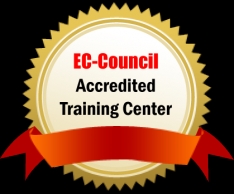Peterborough is located within the county of Cambridge and has a population of around 180,000 inhabitants. The city is known for its economic growth and continues to provide investments. In recent years the city centre was given a rejuvenation and since has provided the city with major growth.In 2007 the city closed its doors to 15 secondary schools ready for them to be demolished. In its place an academy school was opened, Thomas Deacon Academy. The academy has around 2,200 enrolled students ages 11-19. The school choose to focus on the following curricular of, maths, science, communications, humanities, arts and technology.
Popular searched areas in and around Peterborough include:-
- Ashton
- Barnwell
- Castor
- Chesterton
- Crowland
- Elton
- Eye
- Hampton
- Holme
- Market Deeping
- Milton
- Oundle
- Paston
- Pilton
- Southwick
- Stilton
- Sutton
- Upton
- Werrington
- Westwood








































 Back to course information
Back to course information




 If you wish to make any changes to your course, please
If you wish to make any changes to your course, please

